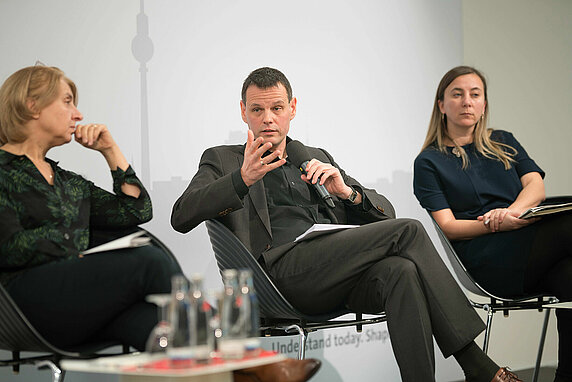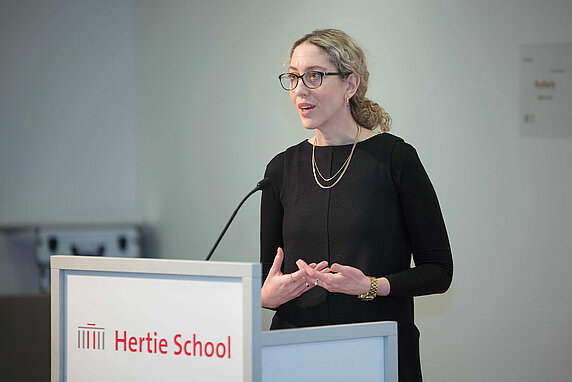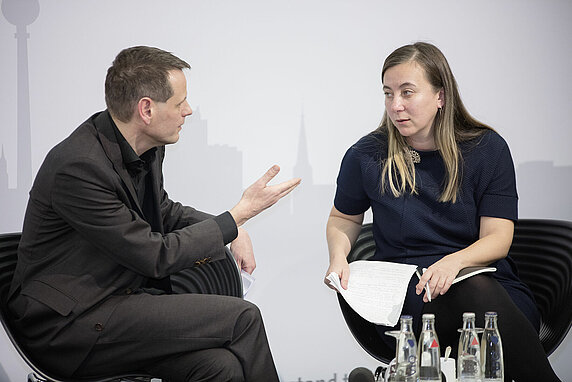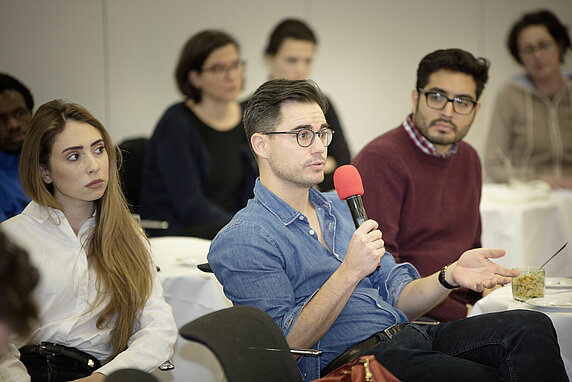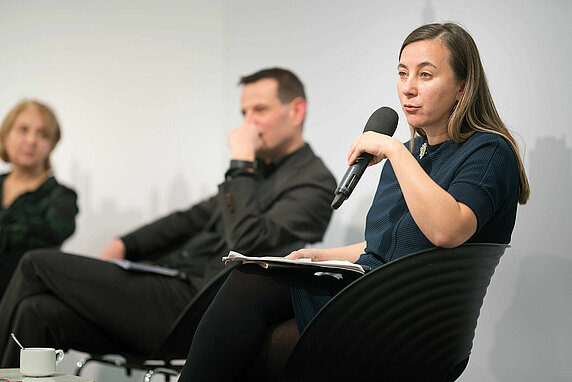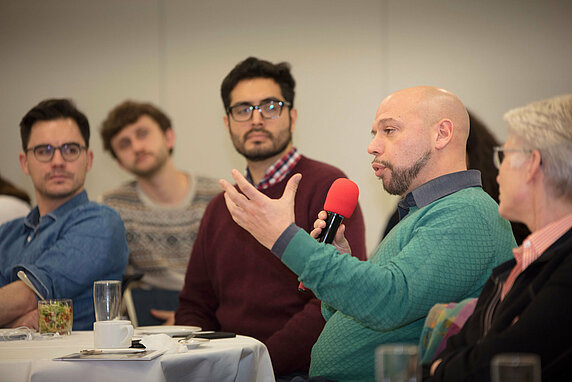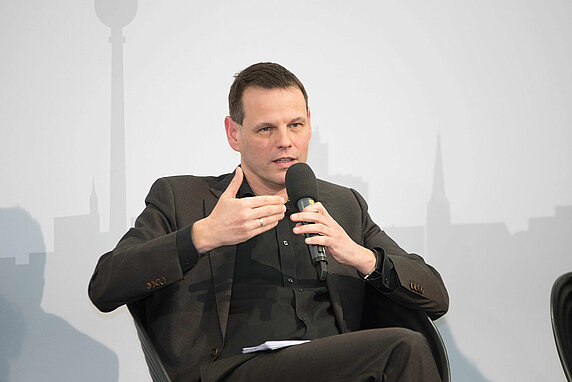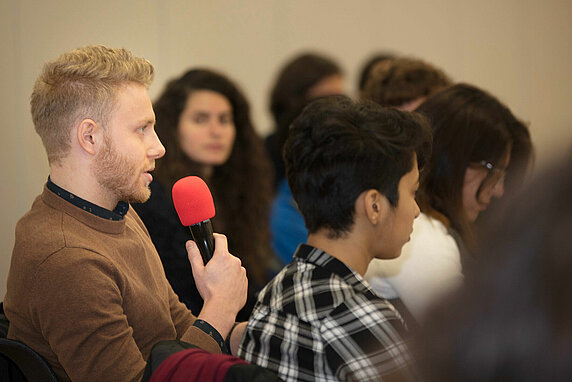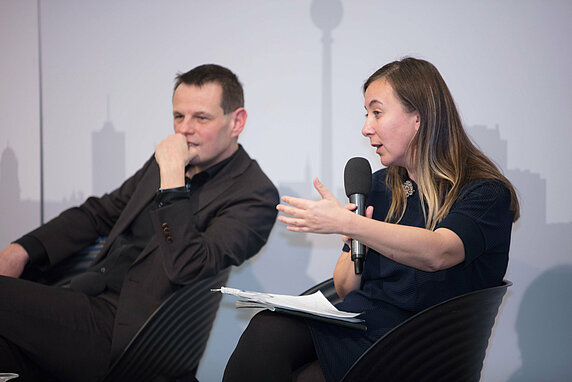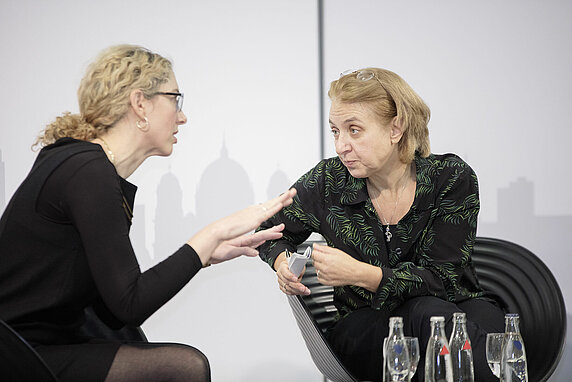Experts evaluate the German Constitutional Court's 2019 decision on conditions for welfare benefits.
Is there an inherent contradiction in the fundamental right to a dignified human existence and the German government’s conditions for welfare benefits? A group of legal and social policy experts discussed this question at a Centre for Fundamental Rights event on 27 November, in light of the German Constitutional Court’s recent decision that drastic cuts for welfare recipients who fail to meet work requirements are – at least partially – unconstitutional.
Under the current “Hartz IV” law, in place since the early 2000s, welfare recipients must fulfill conditions, such as attending regular appointments at a job centre or showing that they are actively looking for work. If they fail to comply, their benefits may be slashed by 30% for several months and later by 60% or more.
The Court said on 5 November that such harsh cuts of more than 30% are unconstitutional under the right to a dignified existence guaranteed in Germany’s Basic Law. But the Court did not say the sanctions were unconstitutional.
From a social policy viewpoint, Anke Hassel, Professor of Public Policy at the Hertie School, said conditionality is generally built into welfare systems around the world. In Europe, it is part of a system of rights and responsibilities, and work-related sanctions are part of the system's aim to integrate people into the labour market. The Hartz IV regime did not introduce conditionality into the system – it existed long before.
Problems with the Hartz reform go far beyond sanctioning benefits, Hassel said. These include the definition of “ability to work,” which shows little regard for personal hardships, and the lack of attention to Germany’s low-wage sector, which makes it hard for people to earn a living above the benefit level, thus discouraging welfare recipients from finding work.
From a legal perspective, however, panelists took issue with the outcome of the Court’s decision.
Başak Çalı, Professor of International Law at the Hertie School and the Director of the School’s Centre for Fundamental Rights said there was a “logical problem in the Court’s decision”. The Court in 2010 said the means to live a life with dignity was an “absolute right”, she noted, and such a fundamental right “cannot be subject to proportionality or subject to balancing in the light of other considerations, because those rights would be called qualified rights". In addition, this is a “non-derogable right,” which means it is not possible to deviate from it under particular conditions.
“Once you put something in that box, it becomes rationally difficult to say that sanctions that would affect that right are okay,” she said. The Court's recent decision says the right to a minimum standard of living is both an absolute right and at the same time, under certain conditions “it can be subject to proportionality analysis. ….You can’t have both of these statements, I would say, in a fundamental rights construction.”
Florian Rödl, Professor for Labour Law and Social Security Law at the Freie Universität Berlin said there was a “radical incoherence” in the Court’s reasoning. He expressed concern that it may have “…implicitly called into question the inviolability of human dignity”, adding that, “we should be aware of the fact that there are also voices that promote indeed a degradation of human dignity and they will be able to point to this interpretation in the future.” Rödl called on the legal community to find ways to reformulate the judgment and made proposals himself.
Listen to the full discussion:


